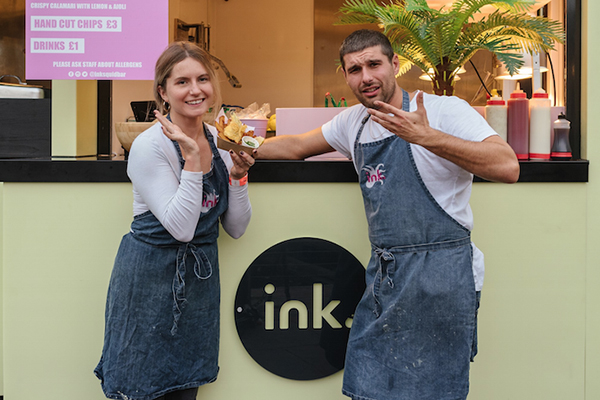Could a business mentor hold the key to success in self-employment?
Mentoring opens up opportunities for the self-employed to get support, advice and a critical friend who could be the key to business success.
Before I started working for myself, I had a firm idea of what it would take to go self-employed and make a living from it. I put a large part of this down to being tuned in to the issues that affect small business owners (by working for this very magazine, I might add) before making the leap.
Many of the things I’d learned about self-employment before going solo were vital when I finally took the plunge. In fact, they still serve me well today. But that’s not to say I was fully prepared for all the hurdles I’ve faced so far. You quickly realise that things don’t go in a straight line when you run a business. All sorts of things hit you from left field – problems and opportunities.
So, when I went self-employed around three years ago, I needed guidance. I still do. My business might be young, but I don’t think I’d have made it even this far without help – a wider perspective and the benefit of experience.
I’ve learned from a few people whom I consider mentors. I won’t name names, but when I reflect on things, these individuals have had a hugely positive influence on me and my company.
These mentors have been central figures in my business and I see them as vital to its future success. Without a doubt, I’d advise any freelancer, contractor or entrepreneur to find one.
“They have a brilliant knack for standing back and focusing on the bigger picture”
What can a mentor do for your business?
By definition, a mentor is ‘an experienced and trusted adviser’. They need to have been there and done it and be willing to help you do whatever ‘it’ is. In my experience, my mentors – and you can have more than one – have advised me at what I now look back on as critical points in the development of my business.
They have a brilliant knack for standing back and focusing on the bigger picture, thinking strategically and making wise judgement calls. Very often, you can’t just Google this kind of stuff. My mentors know me and my business and have insight into the industry I operate in. They know what makes me tick, for better or worse, and they’ve been a huge help.
I’m not alone in valuing this type of input, and I didn’t have to look far to find other self-employed people who believe in mentoring as much as I do. A couple of them have benefited from and even invested in professional mentoring – a growing trend, it seems.
Take two friends of mine, Lucy Mee and Josh Paterson, co-founders of street food companies, INK and Bill or Beak. Admittedly, as partners, their set-up is a little different to a freelancer’s. But the same rules apply, and in their case, Lucy sees the six-month mentorship scheme they went on as core to their recent success.
“It doesn’t matter if you’re a street food business or a freelance creative, running a business is running a business. We’ve been mentored by some of the best in our industry – experts who have helped us massively with the financial, operational and legal side of things.
“Looking back on it, this advice has helped us get a better understanding of our industry and even our own business. We’re much more professional in the way we do things now, and as a result, we’re working smarter and growing faster.”

“Mentors are invaluable, as much for the setbacks they’ve experienced, overcome and learned from as well as their successes”
Industry-specific advice
Another business owner I know well, this time a digital marketing consultant, Oli Coates, feels the same. He was lucky enough to have entrepreneurial parents to lean on for support, but that didn’t stop him from paying for mentoring.
“After graduating from university with a business degree, I went straight into self-employment. The problem was I didn’t have any work experience. So I decided to invest in a mentor who offers advice, guidance and industry-specific business coaching. It’s been the smartest move I’ve made.”
This type of help is held in high regard by many different types of self-employed people. You could be an out-and-out freelancer, like Oli, a small business owner, like Lucy and Josh, or a traditional contractor, like Alison Parfitt, author of The Happy Contractor, who told me;
“Mentors are invaluable, as much for the setbacks they’ve experienced, overcome and learned from as well as their successes. I like to have a variety of mentors: professionals I pay for solid guidance, contractor friends I admire who give honest advice and the benefit of their experience and family members with sound judgement skills.”
But where do you find a mentor? Well, it could be anywhere. A family member or friend, a boss from a previous job, an online business coach, or even a networking group like The Supper Club – a community created to help entrepreneurs thrive.
If you make sure their experience is relevant and the chemistry is right, regardless of whether you pay for this person’s knowledge or not, speaking from experience, a mentor could quickly become your most important business asset.






